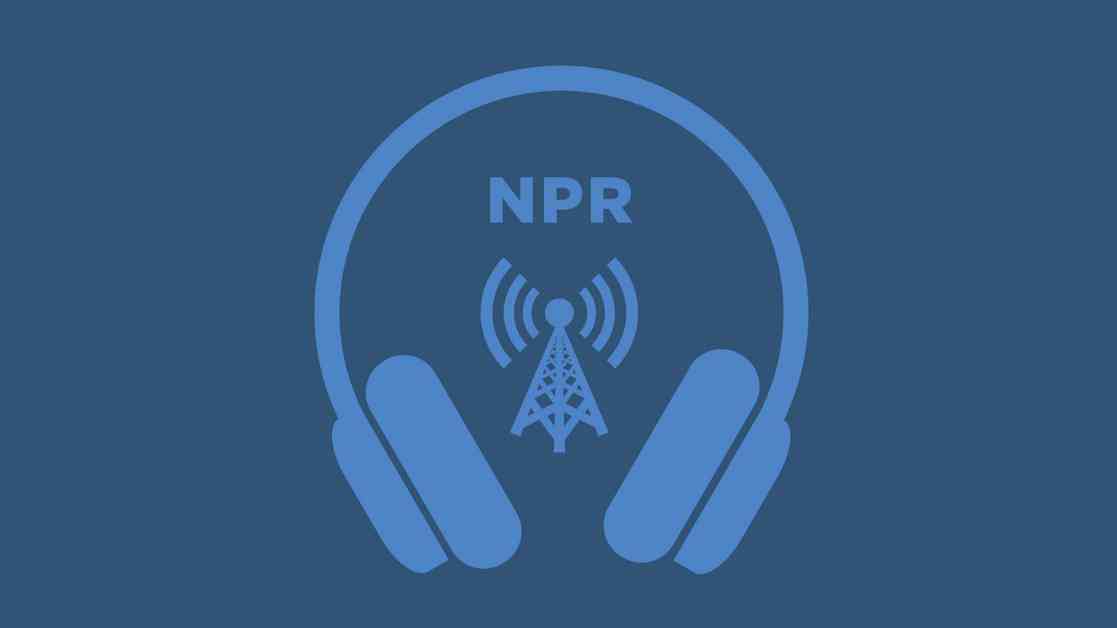The University of California (UC) system, known for being one of the largest in the nation, has recently made updates to its policies regarding campus protests and encampments. As the new school year approaches, these changes are intended to provide clarity and guidance for students, faculty, and staff on how to navigate and participate in protests while ensuring the safety and security of all individuals on campus.
Background on the UC System’s Protest Policies
In recent years, the UC system has been no stranger to protests and demonstrations on its campuses. From issues ranging from social justice to political controversies, students have often used their voices and actions to make their concerns heard. However, with the increase in protests, there have also been instances of clashes and disruptions that have raised questions about the need for clearer guidelines and enforcement mechanisms.
Key Updates to the UC System’s Protest Policies
The updated rules issued by UC system president Michael Drake aim to address some of these concerns and provide a framework for how protests should be conducted on campus. One of the key changes is the enforcement of a zero-tolerance policy around encampments on school grounds. This means that individuals are not allowed to set up temporary living spaces or structures as part of their protest activities.
Additionally, the new guidelines include a ban on wearing masks to hide one’s identity during protests and a prohibition on blocking walkways or access to university spaces. These measures are aimed at ensuring that protests can be carried out in a peaceful and organized manner while also maintaining the safety and security of all members of the campus community.
Reactions to the Updated Policies
The updated protest policies have elicited mixed reactions from students, faculty, and community members within the UC system. Some, like grad student Shivani Nishar at UC Berkeley, believe that the new rules are a step in the wrong direction and are overly restrictive. Nishar expressed concerns that the policies could limit the ability of students to engage in meaningful activism and organizing on campus.
On the other hand, Rabbi Adam Naftalin-Kelman, the executive director of Berkeley Hillel, a Jewish campus organization, praised the clarity provided by the administration and President Drake regarding the enforcement of the rules. Naftalin-Kelman emphasized the importance of ensuring that all students, including Jewish students, can express themselves on campus without fear of intimidation or threats.
However, not everyone is convinced that the updated policies will be effective or enforceable. Benjamin Lynch, a researcher at UCLA and pro-Palestinian activist, raised doubts about the feasibility of banning encampments and masks, likening it to trying to enforce jaywalking. Lynch expressed concerns that the rules could be used selectively to target individuals critical of the administration.
Enforcement and Implementation of the New Policies
UC President Drake has assured campus leaders that the UC system remains committed to upholding freedom of speech and expression, as long as it is done in consideration of the safety of others. This means that while protests are still allowed, they must be conducted in a manner that respects the rights and well-being of all individuals on campus.
The enforcement of the updated policies will be crucial in ensuring that protests are carried out in a peaceful and respectful manner. Campus authorities will need to strike a balance between allowing for the free exchange of ideas and maintaining order and security on campus. It remains to be seen how these rules will be implemented and enforced across the diverse campuses within the UC system.
In conclusion, the UC system’s updated protest policies represent a significant shift in how protests are regulated and managed on campus. While the intention behind these changes is to promote a safe and inclusive environment for all members of the campus community, the practical implications and effectiveness of these rules remain to be seen. As the new school year begins, students, faculty, and staff will need to navigate these policies carefully to ensure that their voices can be heard while upholding the values of respect and civility in the UC system.

